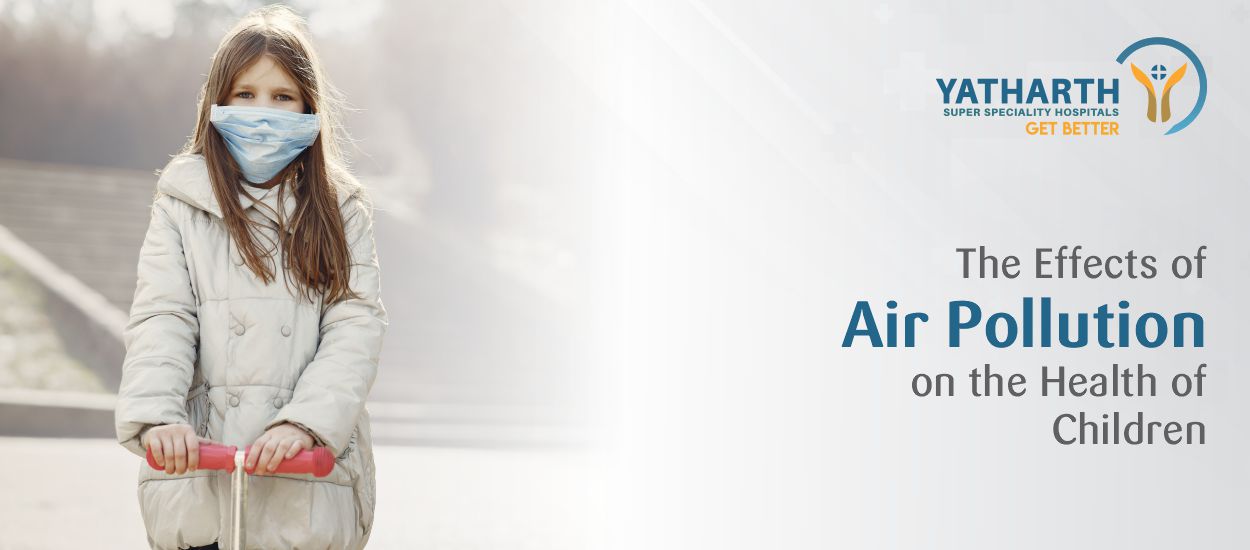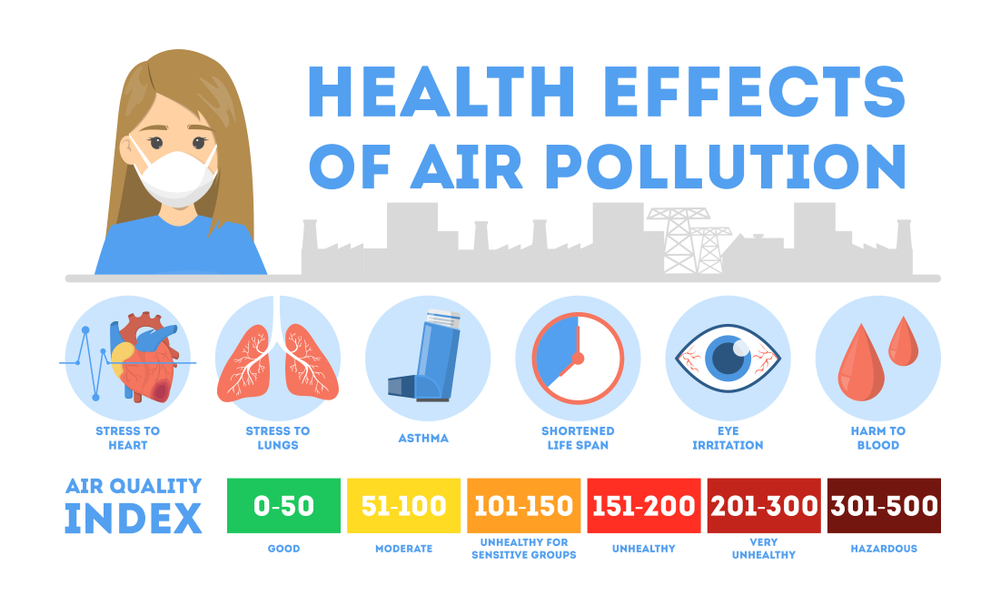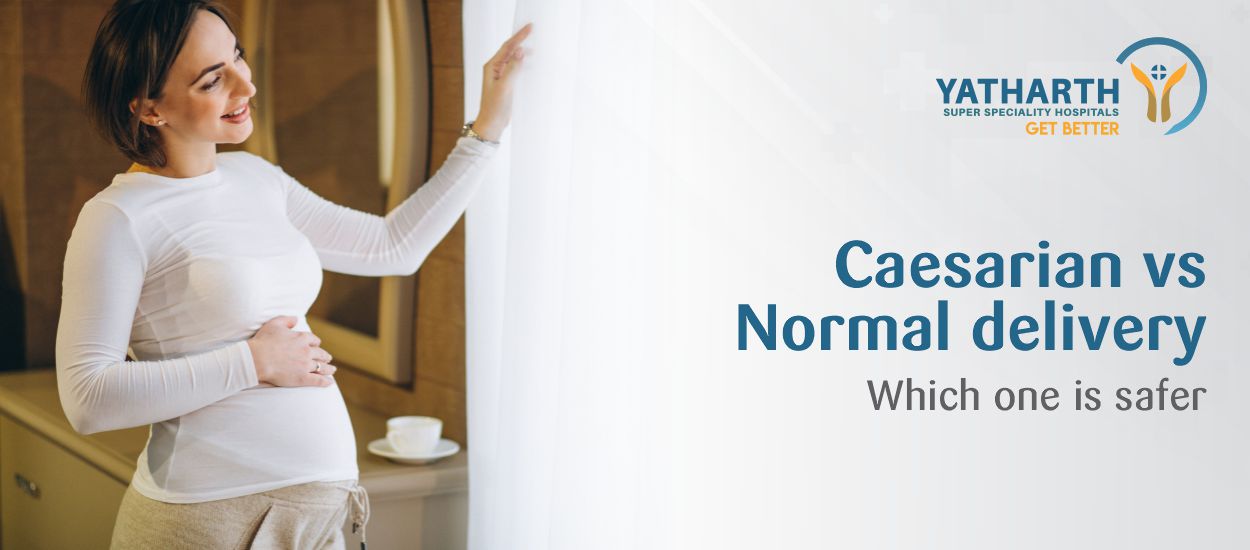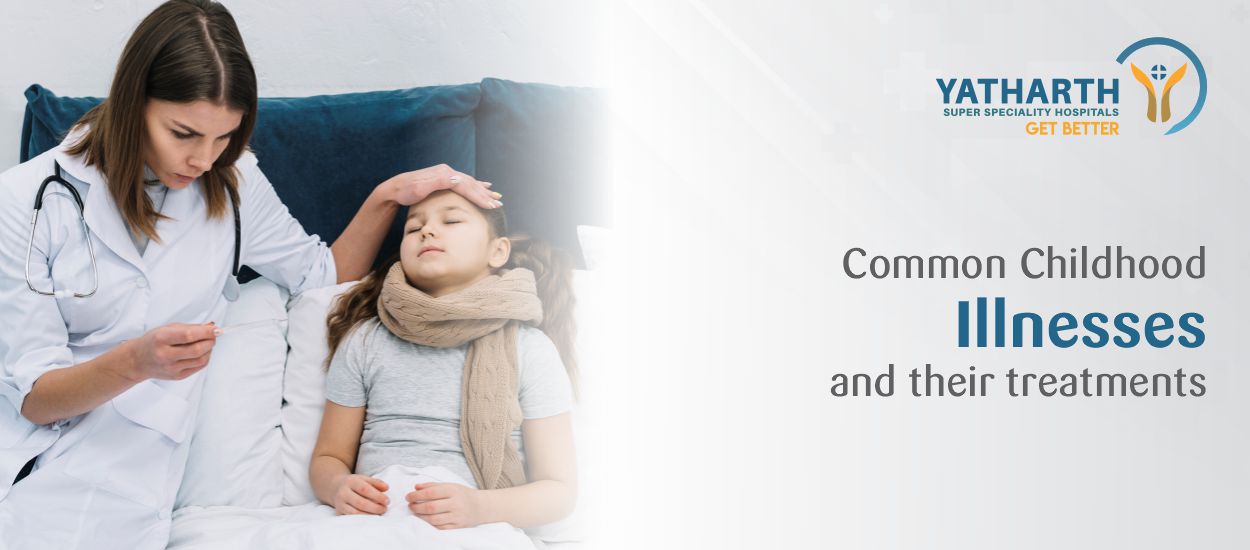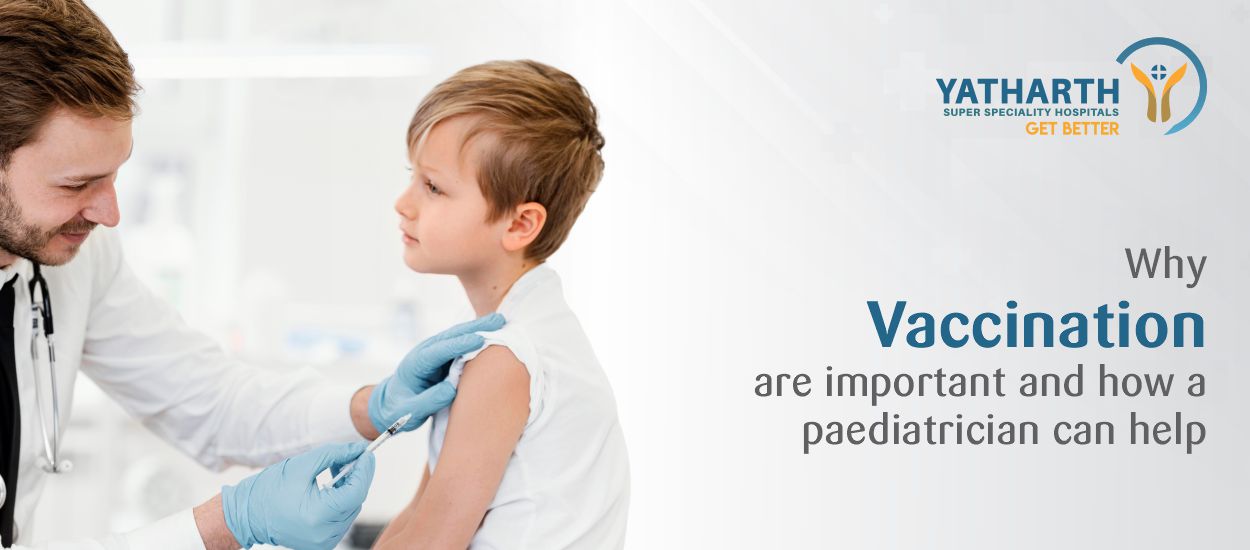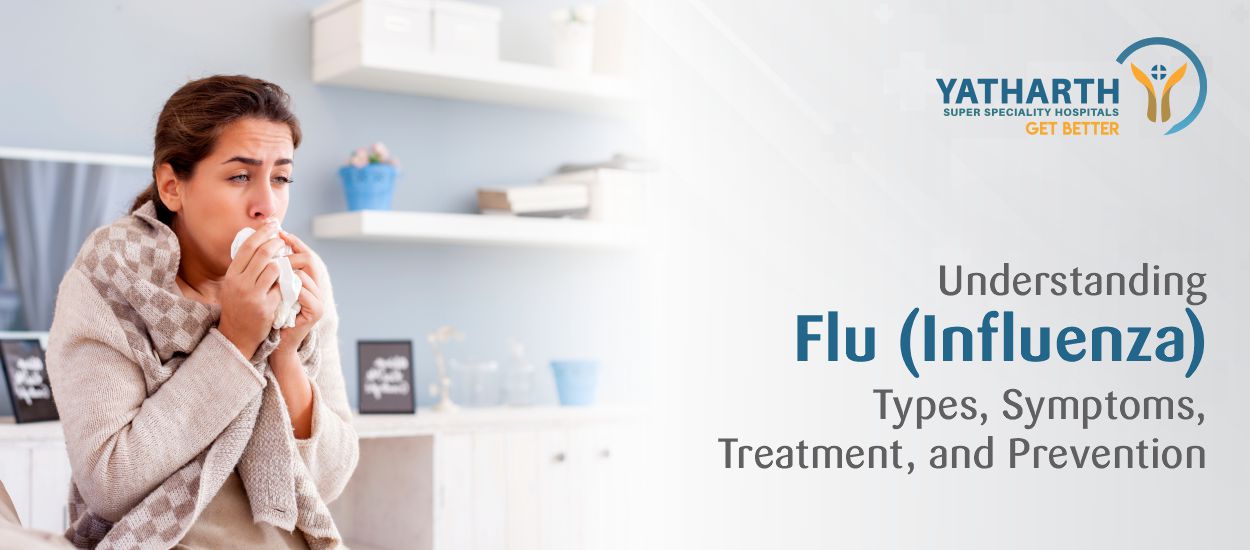The short- and long-term effects of air pollution on children are damaging to health. Studies associating air pollution to lower cognitive performance in young children, arguing that bad air quality is especially detrimental to children, underscore the fact that vulnerable people appear to be most at risk. Due to their closeness to the ground, children can also be particularly susceptible to air pollution. They also breathe more quickly than adults, allowing them to breathe more contaminated air. These include an increase in child morbidity overall, an increase in child morbidity rates in areas with higher pollution levels, and increases in mortality rates in extremely severe incidents.
How can Air pollution affect the growth of children?
Pollution is the most significant environmental cause of illness and mortality in the modern world. Three times as many people die from pollution each year as from AIDS, tuberculosis, and malaria, or 9 million deaths annually, or 16% of all deaths globally. Air pollution is one of the main causes of childhood asthma and other breathing disorders, according to health authorities. According to a health report, Children are more prone to diseases by Air Pollution as their lungs are in developing stage.
A mother's exposure to particulate air pollution during pregnancy can harm her unborn kid's brain, lowering intellect, reducing attention span, and raising the likelihood that the child will develop attention deficit hyperactivity disorder. A grave threat comes from neurotoxic pollutants, chemicals that harm children's developing brains without being seen.
Reduced intelligence and learning diseases in childhood, youth crime in adolescence, and other problems can all result from exposure to even low amounts of lead during pregnancy and early life.
Early exposure to pollution poses the significant risk of undermining attempts to improve children's development through increased nutrition, early learning, and improved healthcare. Pollution condemns thousands of kids to a lifetime of illness and poverty because it undermines children's ability to learn and limits their capability to develop and flourish.
Views of health experts on pollution effects on children
According to a new Stanford-led study, children exposed to air pollution, such as wildfire smoke and car exhaust, even for only one day, may be condemned to more excellent rates of heart disease and other illnesses as adults. The study, which was released in Nature Scientific Reports, is the first to look at how air pollution affects children's immunological, pulmonary and cardiovascular systems simultaneously. The finding could alter how medical professionals and parents view the air that children breathe and guide clinical interventions for those exposed to chronically elevated air pollution. It supports earlier research that suggests that poor air quality can change gene regulation in a way that may impact long-term health.
For the first time, in a study on air pollution, the researchers utilized mass spectrometry to examine immune system cells. The method made it feasible to quantify up to 40 cell markers more precisely and simultaneously, allowing for a more thorough examination of the effects of pollution exposure.
Over time, exposure to PM2.5, carbon monoxide, and ozone is associated with increased methylation, a DNA alteration that can modify a molecule's activity without altering its sequence.
Future generations could inherit this alteration in gene expression.
The researchers also discovered that exposure to air pollution is associated with an increase in monocytes, white blood cells that are crucial in forming arterial plaque and may put youngsters at risk for developing heart disease as adults.
How to prevent children’s health from Air pollution?
When it comes to protecting the air quality in general, there may not be a lot that you may be able to do at your level. With the advancements in technology, your child is bound to get exposed to some form of air pollution, but here are some simple prevention tips to consider:
(1) Keep Your Kids Away from Pesticides
Pesticide spray usage in households is a common affair, however when you use these. Keep your children away. Additionally, any toys they use or pets should be kept away.
(2) Make Use of Air Purifiers
If you live close to an industrial area or in a metropolitan city, you are more likely to be exposed to air that is chemically unfit. In situations like this, you can make use of air purifiers within houses so that your children breathe clean and clear air within your house.
(3) Manage Outdoor Playtime
Limit your child’s outdoor playtime on days when the air quality is below par. No matter how insistent they might get, avoid stepping out unless necessary. You can plan fun indoor activities on these days instead.
(4) Manage Air Quality in the Car
Children love traveling around in cars, however, even within your cars there are AC filters installed that can be replaced with HEPA filters for better air quality.
(5) Improve Your Child’s Immunity
While other precautions are helpful, you must also focus on improving your child’s immunity. Get your child tested for vitamin deficiencies and take relevant measures to improve your child’s immunity in the long run.
(6) Induce Enough Physical Activity
Your child’s lung health plays a major role in determining the effect of air pollution. Hence ensure to introduce multiple physical activities in your child’s daily routine to keep the lungs healthy.
Even though these safeguards can significantly lessen our kids' exposure, they are only temporary solutions. We must commit to contributing to the solution. We can make a real difference by making small changes to the above resolutions. Health essays on Air pollution say it is more hazardous than it looks. Air pollution has various effects on children, showing that our children are not even safe in their homes. So, we need to make sure that our children are in a safe environment.
